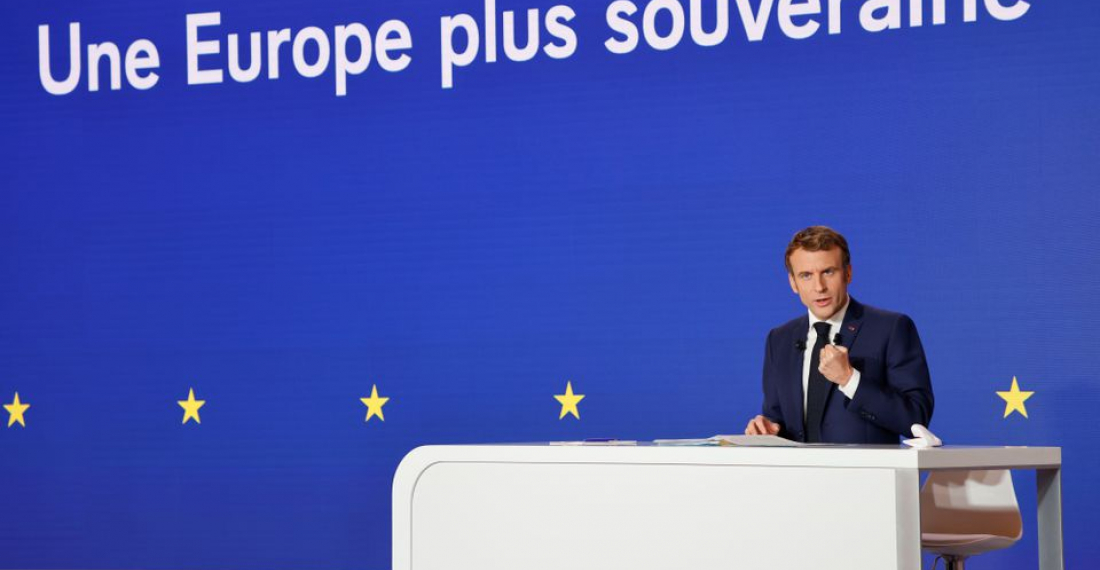The topic of migration will be a key priority for France during its Presidency of the Council of the European Union in the first half of 2022. This was announced by French President Emmanuel Macron last Thursday evening (9 December) at a press conference in Paris. "The right to asylum is a credit to our continent, but it is precisely in order to prevent this right from being abused that we must be able to guard our borders", he stated at the press conference. For this purpose, France wants to take the initiative to reform the Schengen zone.
In the process of reforming the Schengen zone, France wants to improve the political control of the internal and external borders of the European Union. Furthermore, France wants to establish a mechanism to prevent and solve emergency situations at the external borders. For this purpose, it wants the agency Frontex to be strengthened.
In addition to the theme of migration, Macron presented some other priorities for the French Presidency. For example, France intends to realise significant steps in the further integration of the European defence policy. In recent months, the European Union increasingly discussed the creation of a joint European military force. Other priorities for France are strengthening the bond between citizens and the EU and successfully concluding the Conference on the Future of Europe discussions.
Macron's ambitions for the EU during the French Presidency overlaps with the upcoming presidential election campaign in France. In April, France will go to the polls to elect a new president during the French EU Presidency. Macron is again running as a candidate.






